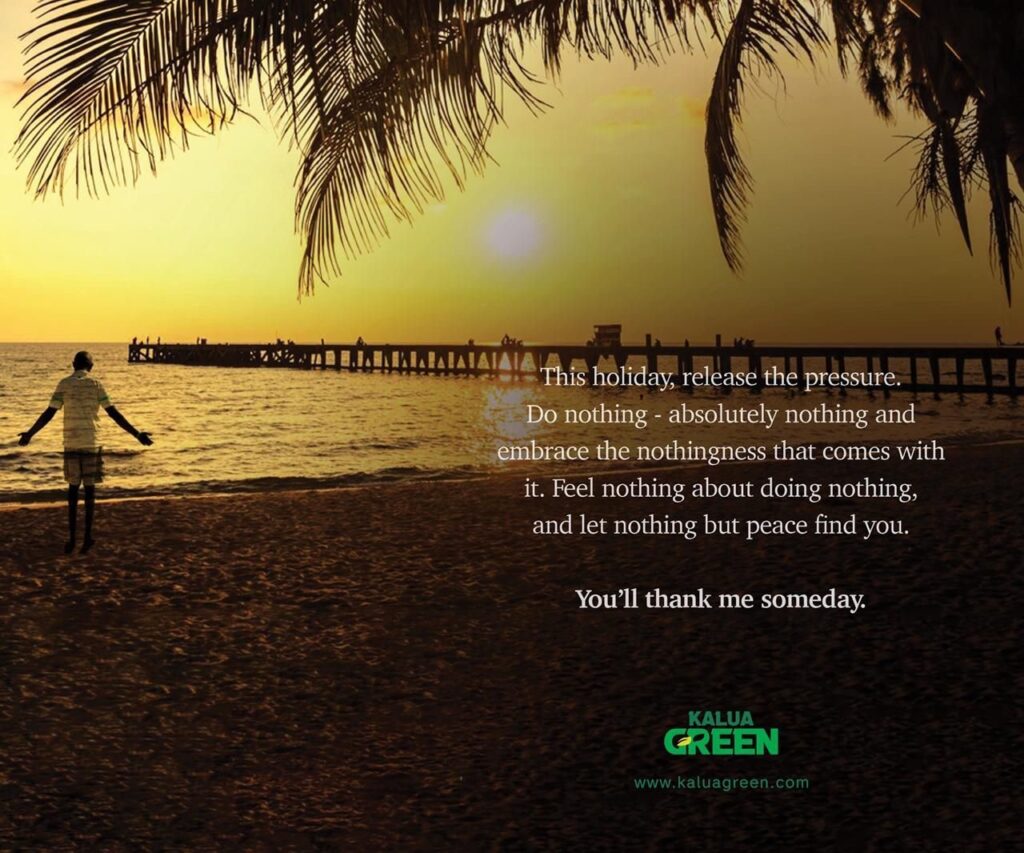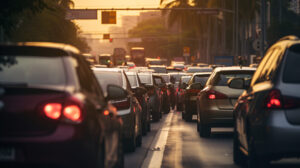As I prepare to turn 56 years in 2025, I reflect on the countless holidays I’ve taken, hoping to unwind, only to return home more exhausted than when I left. Instead of finding rest, I found myself entangled in a different kind of busyness in the name of holiday- planning fun itineraries, rushing to new activities, and ticking off endless checklists.
As I reflected on this from my not-so-quiet holiday hideout the other day, I sent out to my friends what turned out to be very timely advise to myself as well – ‘this holiday, release the pressure. Do nothing—absolutely nothing—and embrace the nothingness that comes with it. Feel nothing about doing nothing, and let nothing but peace find you. You’ll thank me later.’
While, it may not quite amount to doing absolutely nothing as I advised, a holiday should surely mean taking some form of rest. As I have come to discover – the hard way — rest shouldn’t be merely a pause from work; it must be adeliberate choice to recharge, recalibrate, and renew. Yet, many are often caught up in a cycle that undermines the very purpose of a holiday. We pay top dollars to travel to exotic destinations only to return home stressed and physically drained. This isn’t just unfortunate and unwise, it is also very dangerous.
First, let’s remember that chronic stress is a silent killer. We live in an era where stress has been normalised. Scholars, CEOs, parents, students, and even jua kali artisans wear busyness as a badge of honor. Haven’t you met an old school mate on the streets and they were in such a hurry that you thought the future of the whole world rested only on their shoulders? While medical experts acknowledge that a certain degree of stress is normal, or even necessary, prolonged stress can lead to heart disease, weakened immunity, digestive issues, and mental disorders.
Yet even during holidays, the busyness bug never stops. The urge to explore new places, overplan activities, or obsess over the next Tiktok or Facebook post — keeps the stress going . Holidays meant to heal become an extension of our work-driven, target-oriented lives. It is no wonder 31% of adults surveyed worldwide identified stress as the most significant health problem as of August 2024. Doing nothing – as much as you can — is one of the most effective ways to reverse the harmful effects of stress.
Second, creativity and productivity depend on rest. Busy people often believe they can’t afford to rest, yet some of the greatest thinkers, leaders, and innovators of our time credit their success to deliberate periods of doing nothing. Neuroscientists have found that rest activates the brain’s default mode network—the part of the brain responsible for creativity, problem-solving, and self-reflection. This means that when you sit quietly, staring at the waves, gazing at a sunset, or listening to the soft rustling of leaves in the wild — your brain isn’t idle—it’s processing information, making connections, and generating insights. Without rest, we risk stagnation. Constant activity leaves no room for ideas to flourish or solutions to emerge.
Third, rest is the foundation of mental wellness. Unfortunately, many of us see holidays as a time to “maximize experiences.” We try to pack every hour with adventure, and ensure our social media feeds reflect the excitement. Yet this pursuit of “holiday perfectionism” often leaves us feeling inadequate, anxious, and depressed. A recent study in the Journal of Happiness Studies revealed that perfectionists tended to feel more stressed and less content during the holidays. Rather than finding joy in their achievements, they often experience burnout or disappointment when reality falls short of their high expectations. Genuine rest allows us to reconnect with ourselves, find clarity, and cultivate gratitude.
This holiday season, I challenge you to defy the norms. Allow yourself to sit still, to breathe deeply, and just do — nothing.
Think green, act green!



